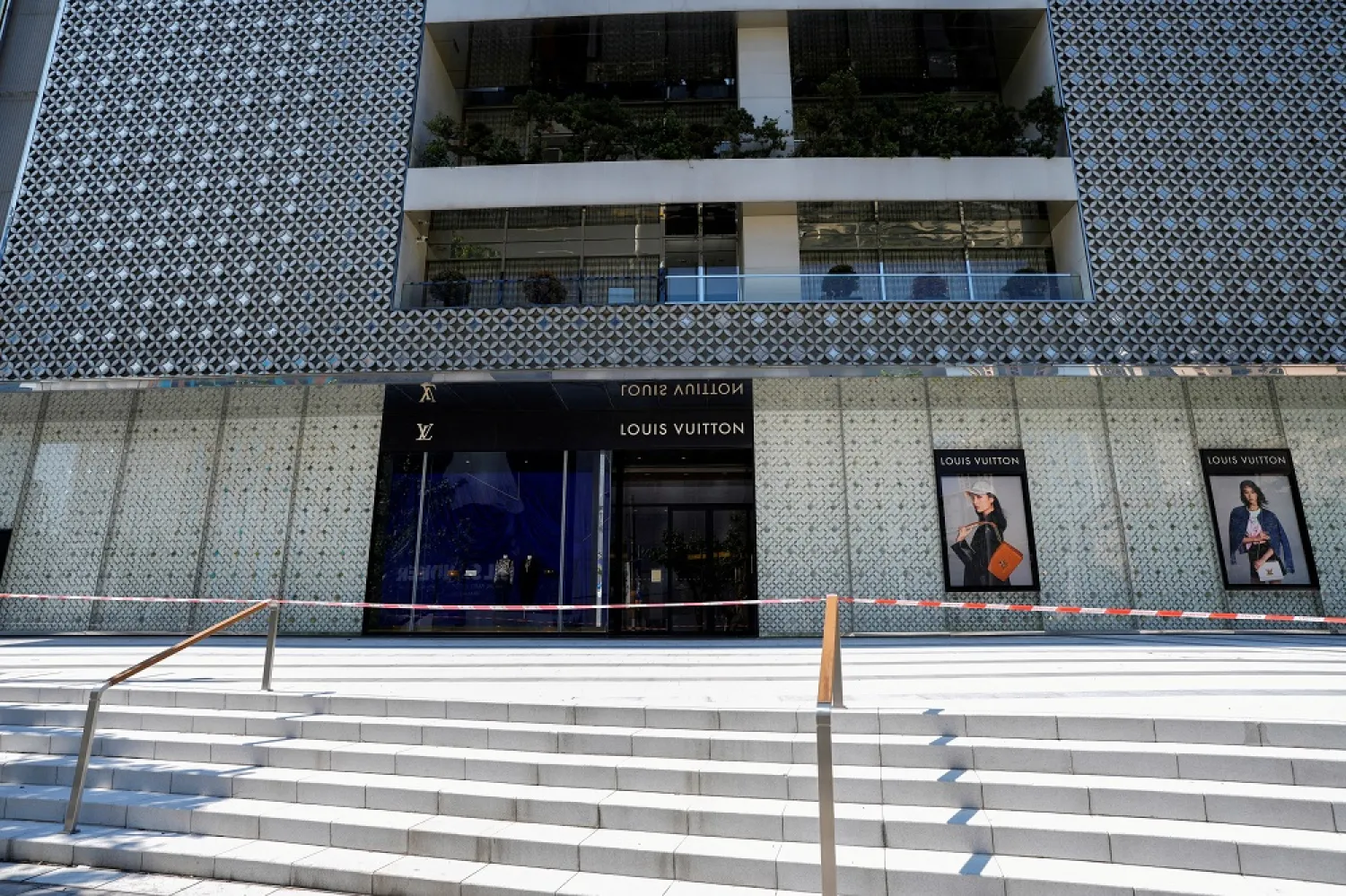What Ms. Zhang didn't expect when she hunkered down for Shanghai's citywide lockdown was complementary ready meals and desserts from luxury brands such as Louis Vuitton and Cartier to start arriving the very next day.
Since the COVID-19 containment began on April 1, closing stores and paralyzing online shopping, brands have overcome attendant delivery difficulties to gift provisions to "very important clients" (VICs) like 24-year-old entrepreneur Zhang.
Though not high-value gifts, the effort to keep in touch has "impressed and surprised us," said Zhang, who wanted to be identified by surname only citing privacy.
Shanghai has seen some of the strictest containment measures worldwide, with residents forbidden from leaving apartments in blocks where COVID-19 cases have been found, while some buildings and even entire streets have been fenced off.
With supermarkets shuttered and logistics chains upended, residents have struggled to buy food. Government provisions aimed at filling gaps have been delivered sporadically, with reports of mixed quality from district to district.
Helping out, many companies have delivered provisions to employees. For the more wealthy, banks and high-end hotels have joined luxury brands in sending out goodies - a privilege not unnoticed on social media.
"During the epidemic, class division is more obvious. Ordinary citizens rush to grab rice while considerate luxury brands can't wait to give first-class takeaway to VIP customers," wrote Weibo user Li Xiaozhou's Tea Room.
Besides gifts, some brands have organized online classes. La Mer has taught DIY facial massages while Dior has offered seven-day passes for virtual classes at a premium yoga studio.
Prada has hosted a virtual cultural club, inviting writers, directors and musicians to recommend books, movies and albums.
Prada SpA declined to elaborate when contacted by Reuters beyond saying the initiative had been well-received.
Christian Dior SE and LVMH Moet Hennessy Louis Vuitton SE declined to comment.
Cartier, owned by Compagnie Financiere Richemont SA, and La Mer, owned by Estee Lauder Companies Inc, did not respond to requests for comment.
Emotional connection
As much as 12% of China's offline luxury retail is in Shanghai so store closure has necessitated a pivot to virtually, but still personally, serving VIPs, said Thomas Piachaud, Shanghai-based head of strategy at consultancy Re-Hub.
Consumers in this segment are the most likely to escape the economic impact of lockdown and emerge more ready to spend, Piachaud said.
"These kind of VIP customers are the ones that brands really know on a more personal level. Brands know how to tailor communications and talk to them," he said.
Luxury is not just selling products; it is also selling an emotional connection, said Lily Lu, senior business director for digital at marketing firm Gusto Luxe.
"There is a bond that goes beyond the product," said Lu. "During the toughest times, even though the customer can't buy things from the brand (right now) that relationship needs to be maintained and nurtured."
VIC status comes with annual spending of hundreds of thousands of yuan (about $15,000) at some brands, though minimum spend varies widely. Some sales staff can also award the status to people they think likely to spend more in the future.
Though Shanghai VICs cannot spend in stores at the moment, brands are trying to ensure they do when lockdown is lifted.
"We got maybe 10 birthday cakes and flowers from different brands," Zhang said, referring to her mother, who is also a VIC. "I'm sure after lockdown, purchases will be made."









